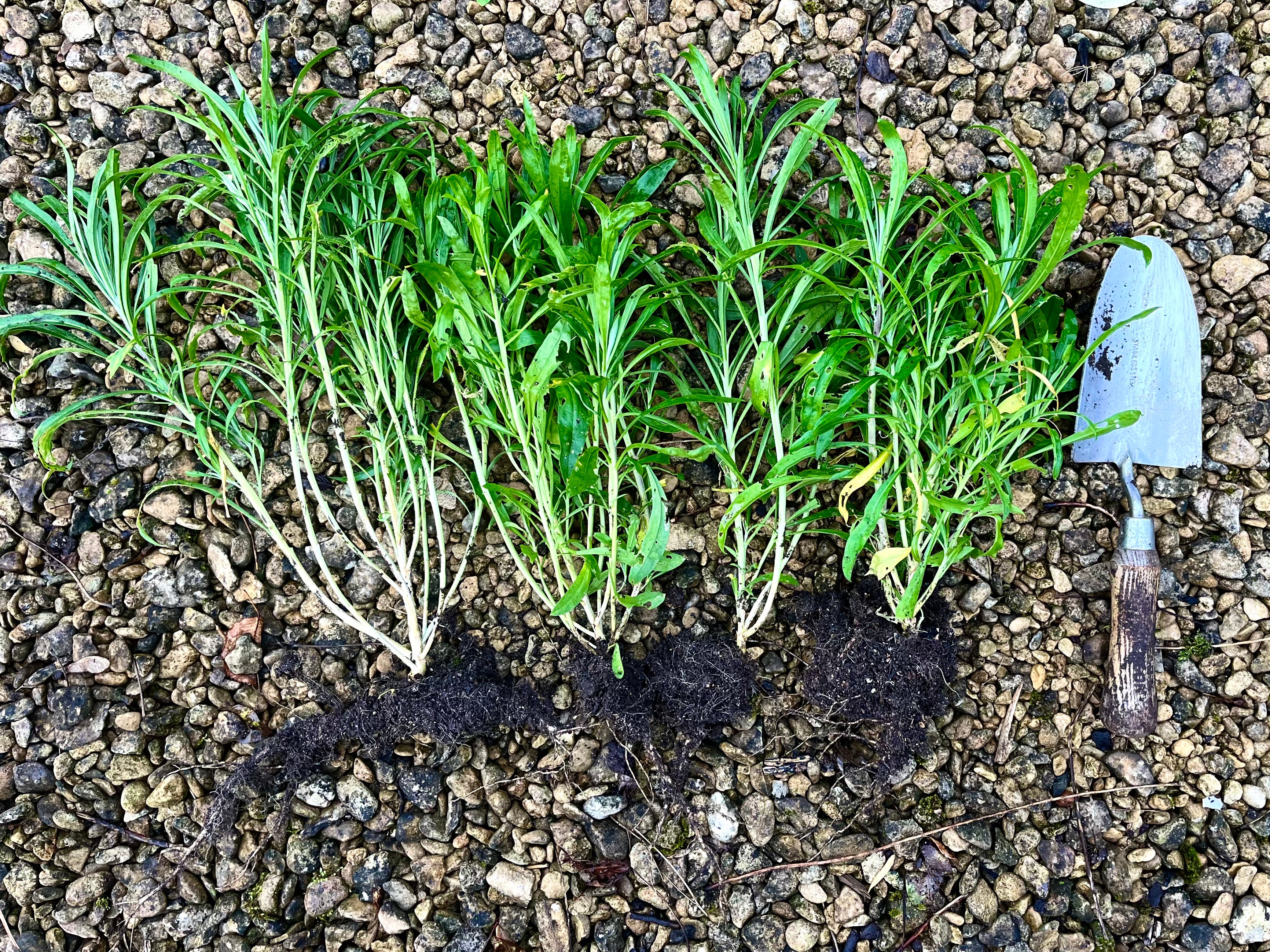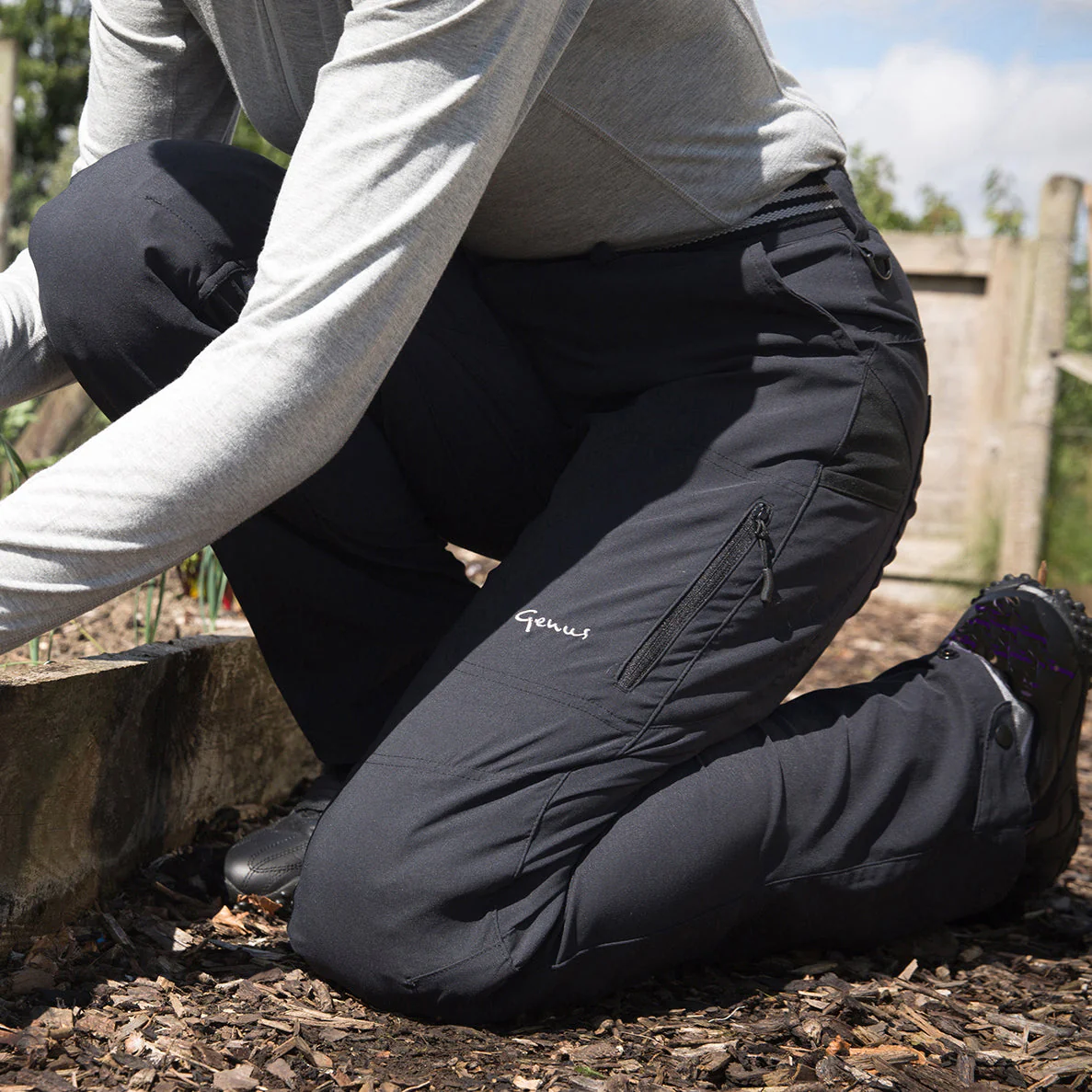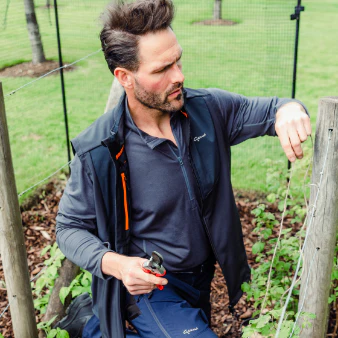Garden cuts

There’s much controversy these days about the merits of cutting back garden borders in the autumn. We do cut back and there's a number of reasons that we do it at this time.
One is that we are enthusiastic supporters of spring flowering bulbs and biennials. Cutting back gives us access and space to plant in what otherwise would be a congested mass of fallen stems and decomposing leaves.
The other reason we like to cut back now is because we’re also great believers in constant soil improvement - each year our borders get treated to a two inch layer of mulch, a mixture of our own leaf mould and homemade compost. Over a decade of this treatment has turned our soil from cold, wet, and claggy in places into a beautiful friable mix - a joy to work with and of great benefit to our plants.
This week we finished the cutting back, our compost bins bursting at the seams, with a waiting list of cut down perennials queuing for space to become available as the heap slowly slumps.
We've filled the borders with foxgloves that have spent the last few months in nursery beds, and wallflowers,(pictured) which were sown back in July. Tulip bulbs are going to follow in a few weeks time. It's often unappealing work in the driving rain and wind but the thought of our borders bursting into life in the spring is the driving force that pushes us on, whatever the weather.











